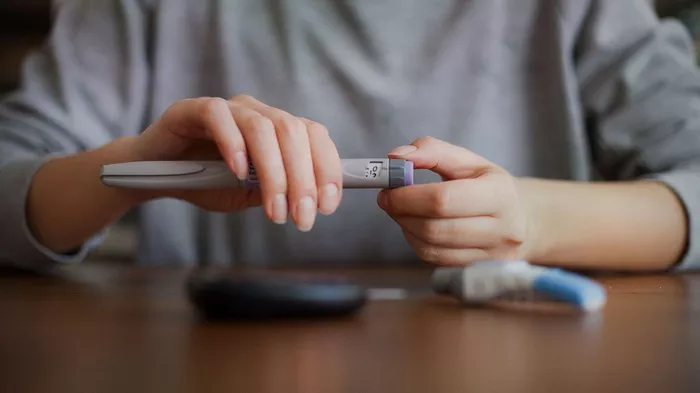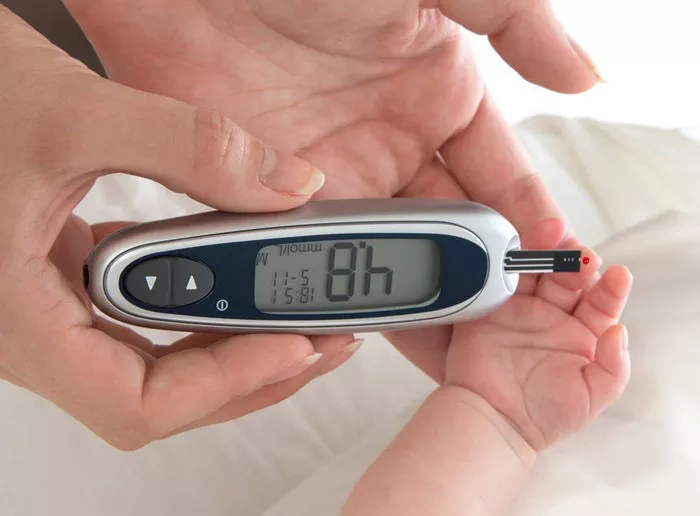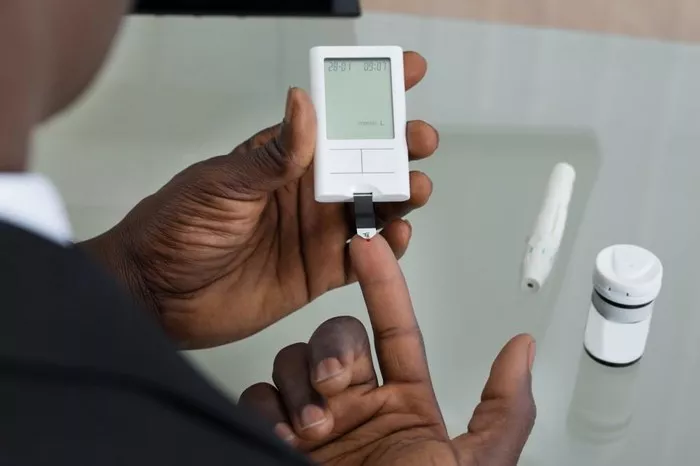Regular monitoring of blood sugar levels is a cornerstone of effective diabetes management. For individuals living with diabetes, keeping track of their blood glucose levels is essential for maintaining optimal health and preventing complications. By monitoring blood sugar levels consistently, individuals can gain valuable insights into how their bodies respond to various factors and make informed decisions about their diabetes care.
The frequency of blood sugar monitoring may vary depending on several factors, including the type of diabetes (type 1 or type 2), treatment regimen (insulin therapy or oral medications), individual health status, and lifestyle factors. Individuals with type 1 diabetes, who rely on insulin therapy to manage their condition, often require more frequent blood sugar monitoring compared to those with type 2 diabetes who may be on oral medications or lifestyle interventions.
General Guidelines for Blood Sugar Monitoring
General recommendations for when to check blood sugar levels include:
Before meals: to assess fasting blood sugar levels and determine baseline glucose levels before consuming food.
After meals: to monitor postprandial blood sugar levels and assess the body’s response to food intake.
Before bedtime: to ensure blood sugar levels are within target range before sleeping to prevent nocturnal fluctuations.
Before and after exercise: to gauge the impact of physical activity on blood sugar levels and adjust treatment as needed.
During times of illness or stress: to closely monitor blood sugar levels during periods of illness or stress, which can affect glucose metabolism.
Specific Situations Requiring Blood Sugar Monitoring
Blood sugar monitoring is particularly important in specific situations, including:
When starting a new treatment regimen or medication: to assess the effects of new medications on blood sugar levels and make necessary adjustments.
During periods of illness or infection: to monitor blood sugar levels closely as illness or infection can cause fluctuations in glucose levels.
Before, during, and after physical activity or exercise: to ensure blood sugar levels remain stable during physical exertion and prevent exercise-induced hypoglycemia or hyperglycemia.
When experiencing symptoms of high or low blood sugar levels: to promptly identify and address episodes of hyperglycemia or hypoglycemia and prevent complications.
Target Blood Sugar Levels
Target blood sugar ranges vary depending on individualized treatment goals and recommendations from healthcare providers. Generally, target blood sugar levels include fasting (before meals), postprandial (after meals), and bedtime readings. These targets aim to maintain blood sugar levels within a healthy range to minimize the risk of complications associated with hyperglycemia or hypoglycemia.
Adjusting Monitoring Frequency
Monitoring frequency may need to be adjusted based on individual circumstances, such as changes in medication, diet, physical activity levels, or overall health status. Healthcare providers may recommend more frequent monitoring during times of transition or when managing specific health conditions to ensure optimal blood sugar control.
Use of Continuous Glucose Monitoring (CGM) Systems
Continuous glucose monitoring (CGM) systems offer several benefits for individuals with diabetes, providing real-time data on blood sugar levels and trends. CGM systems are particularly useful for those requiring frequent monitoring or those with fluctuating blood sugar levels, as they allow for continuous tracking and adjustment of diabetes management strategies.
Interpreting Blood Sugar Readings
Interpreting blood sugar readings involves understanding what different readings may indicate, such as hypoglycemia (low blood sugar) or hyperglycemia (high blood sugar). Healthcare providers can provide guidance on interpreting blood sugar readings and making appropriate adjustments to treatment regimens based on individual needs.
Recording and Tracking Blood Sugar Levels
Keeping a record of blood sugar readings is essential for tracking patterns over time and identifying trends. Individuals can use paper logs or digital tools and apps to record blood sugar readings, meal information, physical activity, medication doses, and other relevant data. Regularly reviewing these records with healthcare providers can help optimize diabetes management strategies.
Conclusion
Regular blood sugar monitoring is a vital aspect of effective diabetes management. By following general guidelines for monitoring frequency, paying attention to specific situations that require extra vigilance, and collaborating closely with healthcare providers, individuals with diabetes can take control of their health and reduce the risk of complications. It’s essential to prioritize regular blood sugar monitoring and work proactively with healthcare providers to develop personalized diabetes management plans tailored to individual needs and circumstances.
Related Topics:
What Is Dangerous Glucose Level?


























